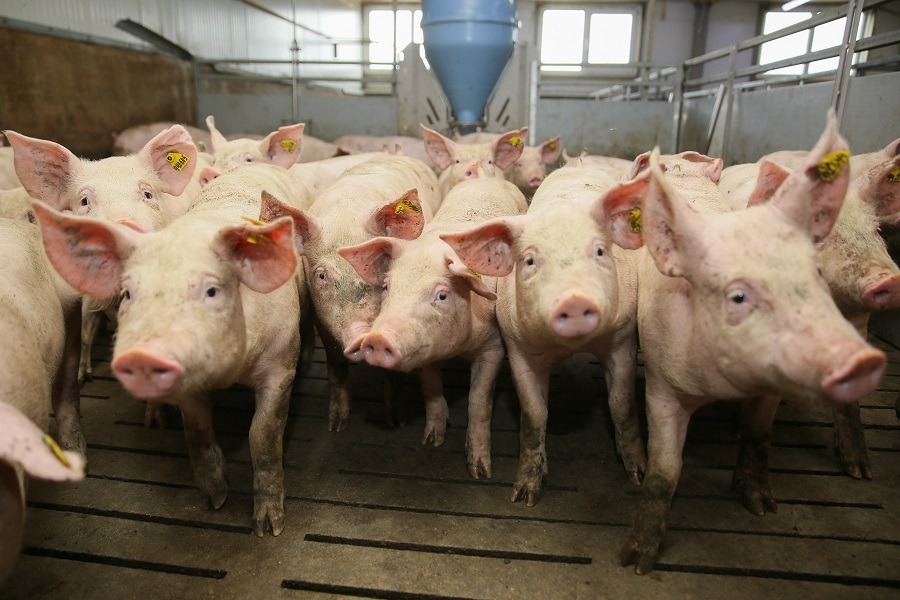The Great Lakes and Michigan’s water resources gained a monumental win last week, thanks to a recent decision of the Michigan Supreme Court. The court ruled Michigan Department of Environment Great Lakes, and Energy (EGLE) has the authority to impose stringent conditions on Concentrated Animal Feeding Operations (CAFOs) through the permitting process.
This case revolved around EGLE’s 2020 CAFO General Permit, which introduced enhanced conditions to better manage pollution from industrial-scale livestock operations. These conditions aimed to address the severe environmental impact of CAFOs – factory farms that produce massive quantities of manure, contributing to water contamination. The Michigan Farm Bureau argued these conditions were unlawful rulemaking. However, the Supreme Court disagreed, upholding EGLE’s discretionary authority to implement protective measures that go beyond existing rules.
This critical win underscores the importance of regulatory bodies having the flexibility to adapt and enforce conditions that respond to emerging environmental threats. Freshwater Future, along with several other environmental advocacy groups including the Environmental Law and Policy Center, played a pivotal role in supporting EGLE’s position. We were able to provide amicus support and intervened in the case to highlight the critical need for more stringent environmental regulations.
The Great Lakes, which provide drinking water to over 40 million people, face mounting challenges from nutrient pollution, primarily due to agricultural runoff. All five of the Great Lakes now experience Harmful Algal Blooms (HABs), and the HABs that have plagued Lake Erie and caused the Toledo Water Crisis ten years ago are associated with CAFO nutrient pollution in the basin. By allowing EGLE to set more stringent conditions, the court has ensured that the agency can take proactive steps to mitigate these threats and protect water quality.
Freshwater Future commends this long-awaited outcome and remains committed to advocating for further strengthening permit conditions, ensuring compliance, and addressing other sources of pollution that threaten our water resources.








